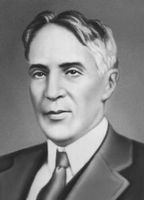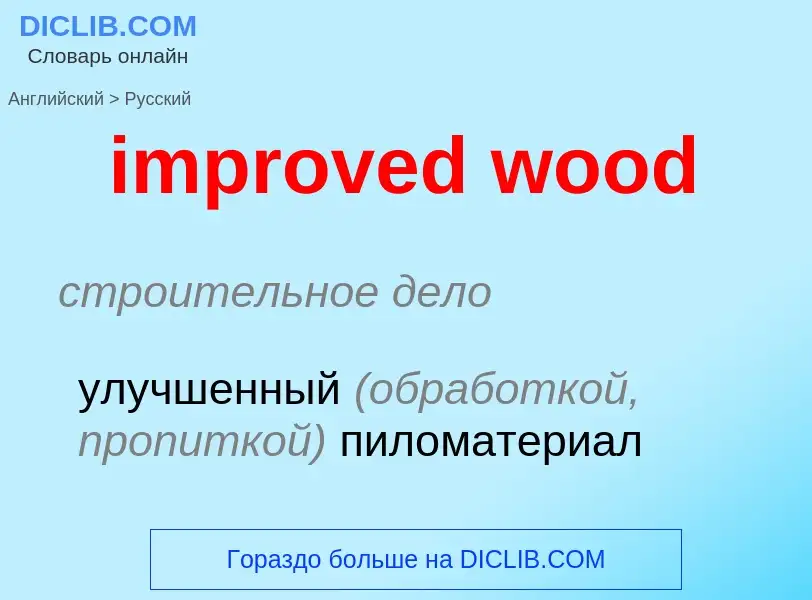Μετάφραση και ανάλυση λέξεων από την τεχνητή νοημοσύνη ChatGPT
Σε αυτήν τη σελίδα μπορείτε να λάβετε μια λεπτομερή ανάλυση μιας λέξης ή μιας φράσης, η οποία δημιουργήθηκε χρησιμοποιώντας το ChatGPT, την καλύτερη τεχνολογία τεχνητής νοημοσύνης μέχρι σήμερα:
- πώς χρησιμοποιείται η λέξη
- συχνότητα χρήσης
- χρησιμοποιείται πιο συχνά στον προφορικό ή γραπτό λόγο
- επιλογές μετάφρασης λέξεων
- παραδείγματα χρήσης (πολλές φράσεις με μετάφραση)
- ετυμολογία
improved wood - translation to ρωσικά
строительное дело
улучшенный (обработкой, пропиткой) пиломатериал
Ορισμός

Βικιπαίδεια

One aspect of energy poverty is lack of access to clean, modern fuels and technologies for cooking. As of 2020, more than 2.6 billion people in developing countries routinely cook with fuels such as wood, animal dung, coal, or kerosene. Burning these types of fuels in open fires or traditional stoves causes harmful household air pollution, resulting in an estimated 3.8 million deaths annually according to the World Health Organization (WHO), and contributes to various health, socio-economic, and environmental problems.
A high priority in global sustainable development is to make clean cooking facilities universally available and affordable. Stoves and appliances that run on electricity, liquid petroleum gas (LPG), piped natural gas (PNG), biogas, alcohol, and solar heat meet WHO guidelines for clean cooking. Universal access to clean cooking facilities would have large benefits for environmental protection and for gender equality.
Stoves that burn wood and other solid fuels more efficiently than traditional stoves are known as "improved cookstoves" or "clean cookstoves". With very few exceptions, these stoves deliver fewer health benefits than stoves that use liquid or gaseous fuels. However, they reduce fuel usage and thus help to prevent environmental degradation. Improved cookstoves are an important interim solution in areas where deploying cleaner technologies is less feasible.
Initiatives to encourage cleaner cooking practices have yielded limited success. For various practical, cultural, and economic reasons, it is common for families who adopt clean stoves and fuels to continue to make frequent use of traditional fuels and stoves.



![A woman cooks with electricity, a clean energy source, in [[Ethiopia]] A woman cooks with electricity, a clean energy source, in [[Ethiopia]]](https://commons.wikimedia.org/wiki/Special:FilePath/Bread Maker, Adigrat (11815897476).jpg?width=200)

![Traditional [[wood-burning stove]]s Traditional [[wood-burning stove]]s](https://commons.wikimedia.org/wiki/Special:FilePath/Cooking Stoves, Tigray (14425218394).jpg?width=200)
![A traditional three-stone fire in Nigeria. This is the cheapest stove to produce, requiring only three suitable stones of the same height on which a [[cooking pot]] can be balanced over a fire. A traditional three-stone fire in Nigeria. This is the cheapest stove to produce, requiring only three suitable stones of the same height on which a [[cooking pot]] can be balanced over a fire.](https://commons.wikimedia.org/wiki/Special:FilePath/Murhun gargajiya na dutse.jpg?width=200)
